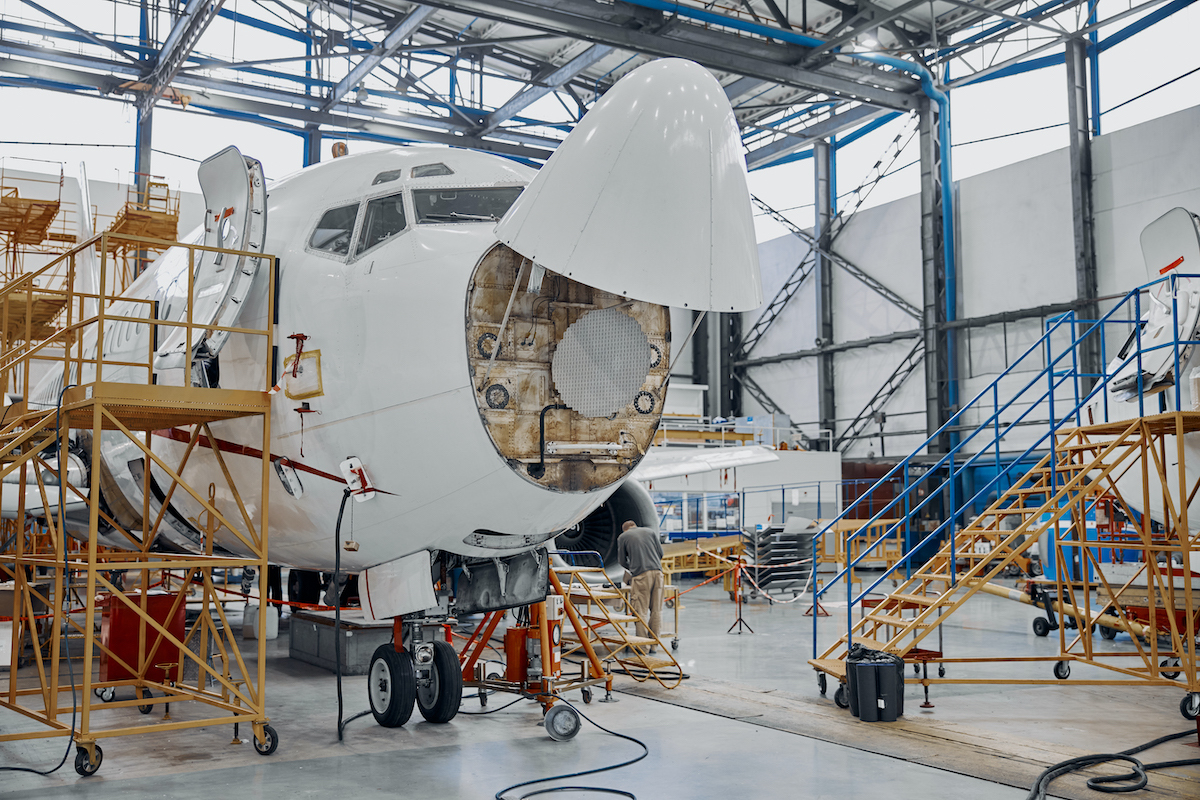Aluminum, a lightweight and malleable metal, has proven to be an invaluable resource in the modern world. Its versatility and unique properties make it an essential material in a wide range of industrial applications.
In this article, we will learn about how aluminum is used in industry, highlighting its characteristics, benefits, and key applications in different sectors.
Aluminum in Industry: An Introduction
The industrial use of aluminum has experienced steady growth in recent decades. This metal, which is abundant in the earth's crust, is mainly extracted from bauxite and undergoes a refining process to obtain pure aluminum. Its popularity lies in its unique combination of physical and chemical properties that make it ideal for numerous industrial applications.
Aluminum has a number of properties that make it exceptionally suitable for use in industry:
It is a lightweight material: Aluminum is about a third lighter than steel, making it an ideal choice for applications that require lightweight materials, such as the aerospace and automotive industries.
Corrosion Resistance: The natural oxide layer that forms on the surface of aluminum protects it from corrosion, making it suitable for applications in wet and corrosive environments.
Thermal and Electrical Conductivity: Aluminum is a good conductor of heat and electricity, making it an essential material in the manufacture of electrical components and cooling systems.
Malleability: Aluminum is highly malleable and can be formed into a variety of shapes, making it versatile for a wide range of applications.
With these properties in mind, it is clear why this alloy has become a vital resource in modern industry.
Applications in the Transportation Industry
One of the most prominent areas where aluminum is used at the industrial level is transportation. From automobiles to airplanes and trains. This metal plays a fundamental role in the manufacture of efficient and safe vehicles.
Automotive Industry: In the automotive industry, aluminum has become an essential component in the construction of lightweight vehicles. This not only contributes to greater fuel efficiency, but also improves performance and safety. The use of aluminum in the bodywork and other parts of the vehicle reduces the total weight, which allows for better fuel consumption and reduces CO₂ emissions. Additionally, its corrosion resistance increases the durability of vehicles and reduces maintenance costs over time.
Aerospace Industry: In the aerospace field, aluminum is used in the construction of aircraft due to its unique combination of lightness and strength. Modern commercial airplanes heavily rely on aluminum components to stay in the air safely and efficiently. Additionally, aluminum is essential in the manufacture of rockets and satellites, where every gram of weight counts in terms of efficiency and performance.
Railway Industry: In the railway sector, aluminum is used in the manufacture of wagons and light trains. Like in the automotive industry, the use of aluminum reduces the total weight of railway vehicles, which improves energy efficiency and decreases material fatigue. This results in less wear and tear and a longer lifespan for trains and railway tracks, resulting in lower operating costs in the long run.
Applications of this metal in the Food Industry
Aluminum is a material widely used in the food industry due to its properties that guarantee the safety and durability of food products.
An industrial use of aluminum is the manufacture of packaging. Aluminum cans are used to package a variety of products, from soft drinks to canned food. Aluminum is ideal for this application due to its ability to keep food fresh by protecting it from light and oxygen. Additionally, it is 100% recyclable, making it an environmentally friendly choice for the food industry.
Challenges in the Industrial Use of Aluminum
Although aluminum offers numerous advantages in its industrial use, it also faces some challenges that need to be addressed:
Initial Costs: Aluminum can be more expensive in terms of acquisition compared to other materials, such as steel. However, the long-term benefits in terms of efficiency and durability often outweigh these initial costs.
Efficient Recycling: Although aluminum is highly recyclable, efficient collection and recycling at the global level still face challenges. More efforts are needed to increase awareness about the importance of aluminum recycling and improve recycling infrastructures.
Availability of Raw Materials: The availability of bauxite ore, the main raw material for the production of aluminum, can be limited in certain regions of the world. This makes the industry vulnerable to fluctuations in supply and prices.
The industrial use of aluminum is essential in a wide range of applications, from transportation to construction and technology. Its unique properties, such as its lightness, corrosion resistance, and conductivity, make it a versatile and valuable material. In addition, its efficient recycling capability makes it a sustainable choice in an increasingly environmentally conscious world.
Despite the challenges it faces, aluminum will continue to play a crucial role in modern industry and, with a focus on sustainability and continuous innovation, its use will continue to grow and evolve in the future. From more efficient cars to more advanced electronic devices, aluminum is a key component that drives innovation and improves our quality of life in the 21st century.
At Ulbrinox we have more than 25 years being the national supplier of stainless steel and aluminum. Check out our products or request a quote on this website! With us you will get experience, quality and the service that your company deserves.













